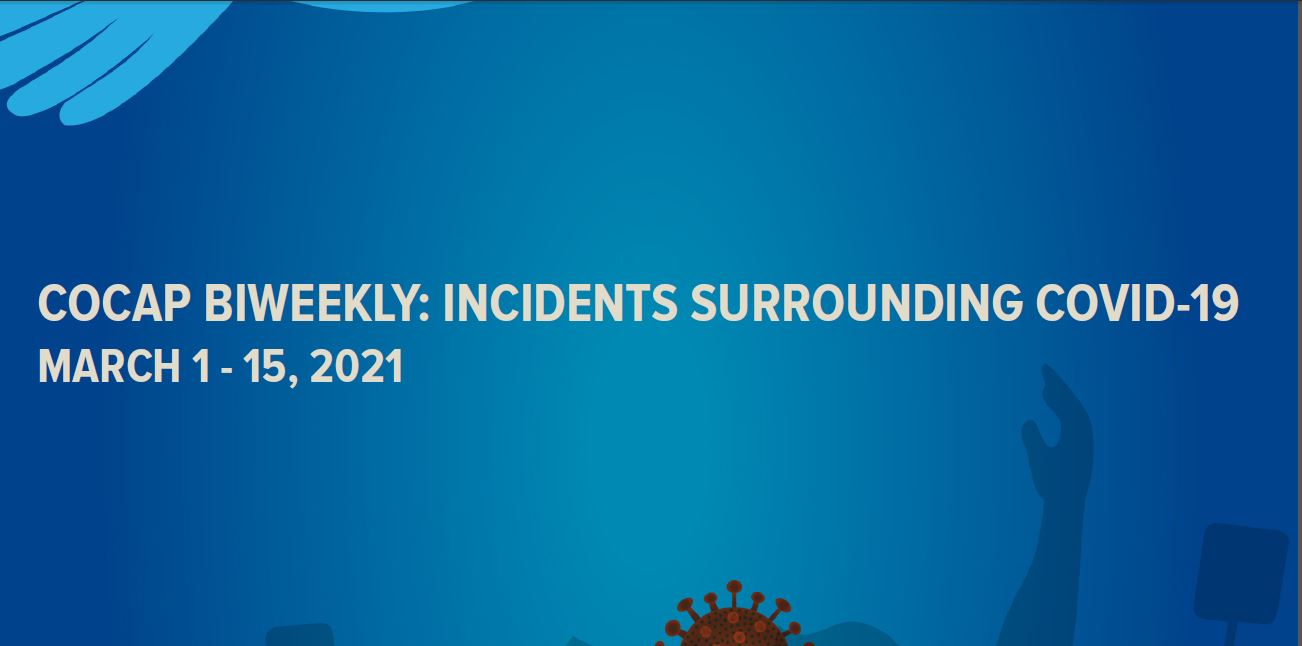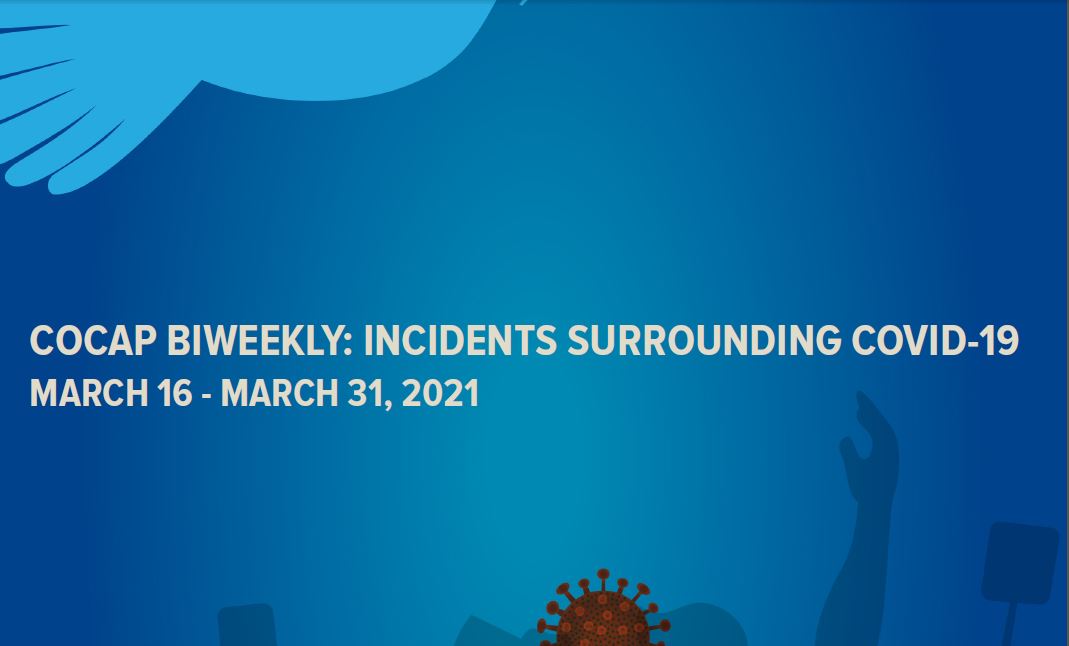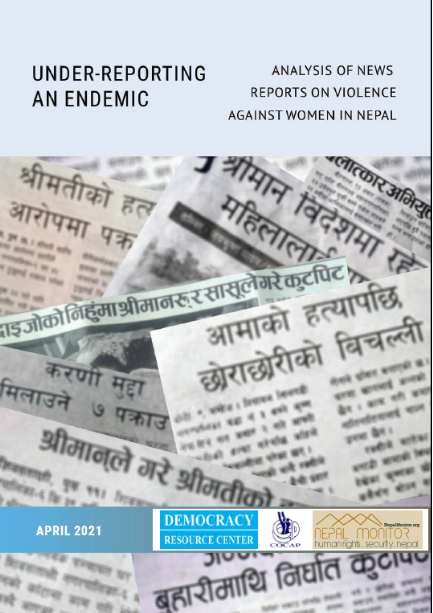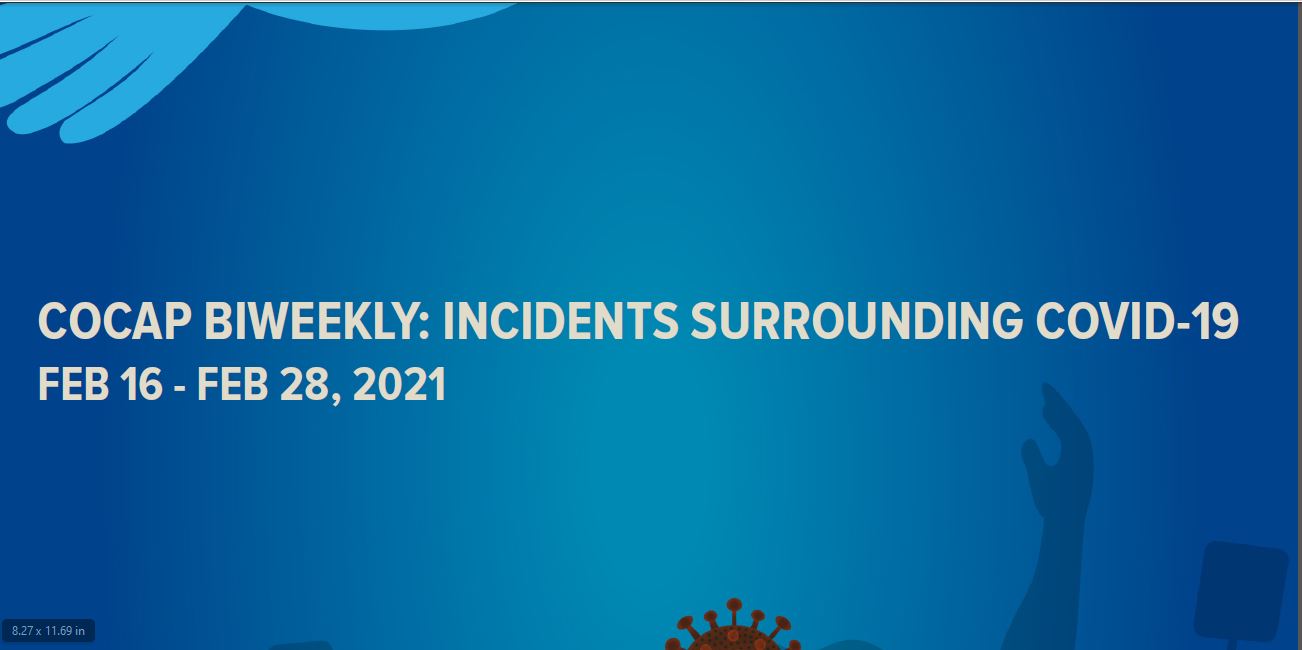Incident Reports
Dalit women Local representatives are themselves discriminated against
2021-10-27
Bhumi Wadi, is a Dalit member of Dailekh Dullu municipality-7. Even though her name is Bhumi, she doesn't own any land for her to practice farming and earn living. There is about 100 family like her in Dullu who work to along the river bank to take out the sand. "In the past, the plaintiffs used to play the instrument, sing and beg, but now it is not like that. Others discriminate when it comes to begging". Bhumi, who came to Kathmandu to attend the national gathering of Dalit people's representatives on Sunday, said, "There is no land, no way to eat and there is no one to listen to their problem."
It has been 4 years since she has been elected as a local representative. During this period, either she couldn't give employment to her community or she was able to provide them with the land. She shared that her mother passed away when she was young and due to her economic condition, she was unable to get education even though she has been able to be elected as a local representative and due to this she is unable to get any opportunity. She shared her experience regarding how the Wadi's lack the educational opportunities and when approached to allocate budget for the betterment of Wadi's it is denied.
The first two years it took her a while to understand how much budget did he have till then? How was it spent? But after learning about these, it was another challenge for her to allocate the budget on Wadi's favour. She shared that they do not let the budget to be for the betterment of women, and even though the constitution and law has different management for the women and Dalit's, the law has not been implemented.
At present, the municipality is allocating Rs 7 million annually in her ward. Out of that, Rs. 200,000 has been allocated for Dalit / women targeted programs. She says she cannot still enter the temple, water is untouchable and the form of discriminations has not changed. She says even after being a women representatives she has been the victim of the discrimination.
The constitution defines the local level as an autonomous government. Local governments close to the people could be people-friendly, dalit-friendly. But that did not happen. "We Dalit women have been elected from the local level elections. But we didn't get to work.The constitution has put an end to caste discrimination. That is limited to paper, ”says Urmila Kori, a member of the Kapilvastu municipality. We, the people's representatives, are despised. We are forced to face discrimination and rejection. '
She took several initiatives for a plan to end discrimination in the municipality. But her plan is not heard and no budget is allocated. Instead, such plans do not pass. She worries about the Dalit childeren education since there is a lack of school. The ward chairperson implemented the plan without including the concerns of her.
Maya Tamrakar, a member of Dhangadhi Sub-metropolis-5, has a similar experience. "It simply came to our notice then. Discrimination still exists, 'she says,' our mayor is a Dalit. We have something comfortable to work with. But what if we are discriminated against?
Similarly, male thinking is prevalent in the society. In many wards across the country, men are the chairpersons. The ward chairman wants to pass whatever he wants. If the women do not sign the plan, they put pressure on the party. They are embarrassing. Urmila Century of Kathmandu Metropolitan City-14 says, “Before becoming a ward member, I did not know politics. I was elected at once. Now I have given as much time as the ward chairman. But what we suggest doesn't really matter. ' She is an elected woman member from the Dalit community. In his ward, there are no programs targeted at dalits or women. ‘Capacity building of Dalits and women is necessary. It does not require much budget. I think they will think worse than having a program, they will say something. That's why I haven't been able to say it, "she said. She is an elected woman member from the Dalit community. In his ward, there are no programs targeted at dalits or women. ‘Capacity building of Dalits and women is necessary. It does not require much budget.
The Constitution of Nepal, 072 has not only ended ethnic untouchability. According to the same concept, Dalit women people's representatives are elected in every ward to eliminate discrimination against Dalits and for the political, economic and social empowerment of that community. But these women are forced to fight against untouchability and violence against themselves, not the socio-economic development of their community.They have not been able to do anything to empower their community as envisaged in the constitution. Nita Ghatani, a member of Jhapa's Birtamod Municipality, says, "There is an opportunity for Dalit women, but it is not possible to empower all Dalits right now." There is more inconvenience to us than there is to my experience. There are more bad things than good. '
Out of 753 local levels, 35,000 people's representatives have been elected in 6 metropolitan cities, 11 sub-metropolitan cities, 276 municipalities and 460 village municipalities. Out of that, the number of Dalit people's representatives is 9528. Of them, 6567 are Dalit women members. "Many women became people's representatives at once. But without political, social consciousness and experience, they could not interfere in the local government. "Many women became people's representatives at once. But without political, social consciousness and experience, they could not interfere in the local government. They have not been able to use their power while sitting there, 'says researcher JB Vishwakarma. According to Vishwakarma. they have not got the idea regarding At least What is power? But no big bricks have been added to the Dalit movement and the struggle for rights. '
Apart from this, there are 1933 village / municipal executive members from the Dalit community, while 6 mayors and 11 deputy chiefs are from the Dalit community through open competition. There is only one village chairman and 16 dalits. There are 197 ward chairpersons and 797 ward members from the Dalit community.
After hearing the experience of Dalit women local representatives, the scholar Vishwakarma says, "Looking at the overall Dalit people's representatives, the general expectation from them for the upliftment and empowerment of the Dalit community did not materialize." The Dalit people's representatives, who have the main responsibility at the local level, did not realize that the role of implementing the constitutional legal system is ours. Instead, they are forced to discriminate. "
Another standard is set for honesty. He says that the responsibility given to the Dalit people's representatives is comparatively fulfilled by them with sincerity. He says, ‘Dalit people's representatives are the representatives who work honestly at the local level. They are not given much responsibility nor opportunity to implement budget and plan. But the responsibility is found to be fulfilled honestly.
She said that for the first time, the largest number of Dalit community was represented in the state power, adding that it gave an opportunity to the Dalits to understand the power. ‘Dalits got access to the playground but they don't how to play the game, they not learned that.' she added.
The two-day national conference on the role of Dalit people's representatives for ensuring Dalit rights, which started on Sunday, is being attended by people's representatives from federal, state and local levels across the country. The conference was inaugurated by Home Minister Bal Krishna Khan on Sunday. The conference is being attended by 26 Dalit MPs from the Federal Parliament and 33 Dalit MPs from the Provincial Assemblies.
Related Reports
GBV / Siraha
Complaint lodged against a 30-year-old man on the charge of raping a 13-year-old teenage girl in Siraha
GBV / Okhaldhunga
52-year-old man arrested on the charge of sexually assaulting a 16-year-old teen girl in Okhaldhunga
GBV / Humla
Teen boy arrested on the charge of raping a 40-year-old woman in Humla
GBV / Rupandehi
Complaint lodged against a 22-year-old youth on the charge of raping a minor girl in Rupandehi
GBV / Bhaktapur
25-year-old man arrested on the charge of harassing girl over social media
Related Trend Analysis
Analysis

THE NEPAL PEACE MONITOR ANNUAL REVIEW: 2020
October 25, 2021
Human Trafficking / LGBT+ Rights / GBV / Political / Children’s Rights / Senior Citizens’ Rights / HRD Issues / Human Rights / Interpersonal Violence / Governance / Covid-19 / Civic-Space / PwD
Analysis

COCAP BIWEEKLY: INCIDENTS SURROUNDING COVID-19 MARCH 1 - 15, 2021
March 25, 2021
GBV / Governance / Covid-19
_001.png)




